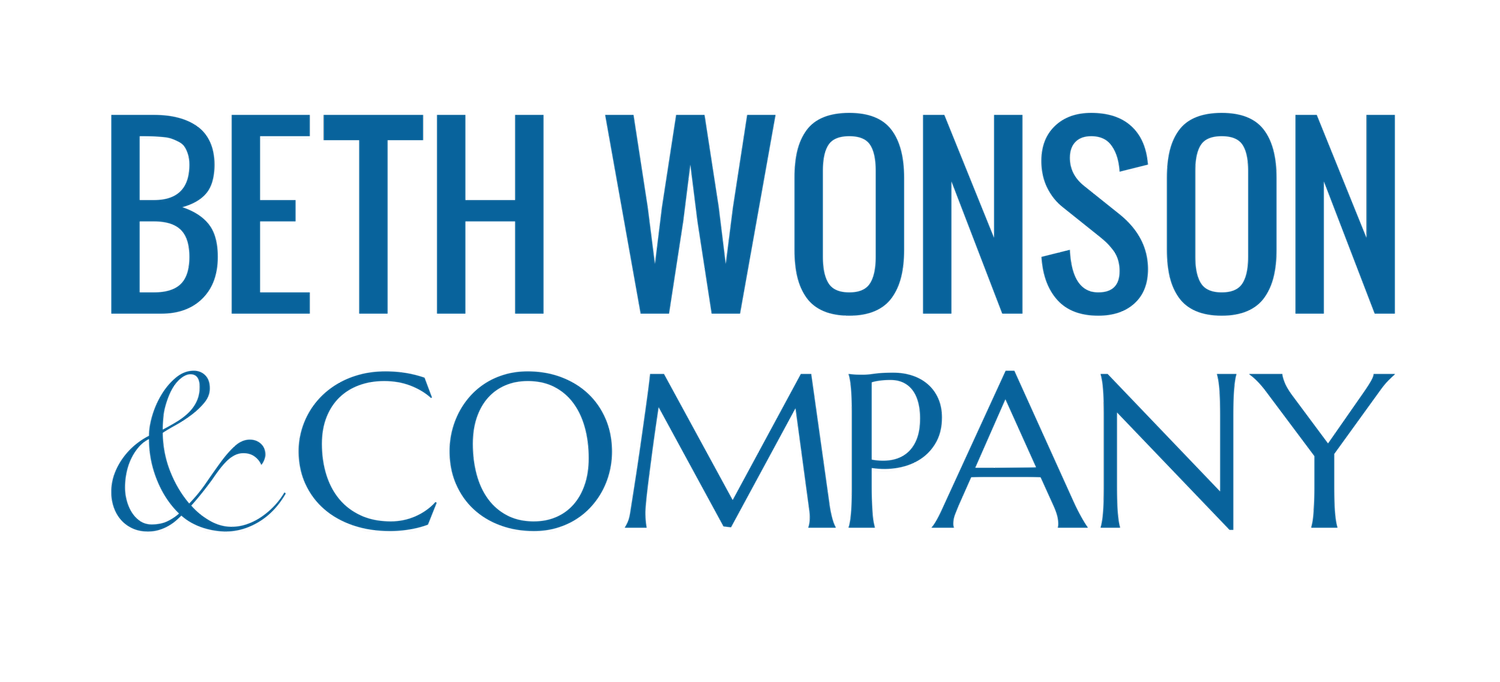The Crisis Impacting You (And Your Community)
Here's a statistic that should grab your attention: 15,000 to 25,000 nonprofits will close their doors in the next two years. That's six times higher than normal closure rates.
If you're reading this from your corporate office thinking "that's not my problem," you're about to discover why it absolutely is.
The Ripple Effects
We're looking at 2.8 million nonprofit job losses—skilled professionals in healthcare, education, social services, and community development who will flood the job market or relocate entirely.
Your community investment strategy is at risk. All those partnerships with local nonprofits for employee volunteering and corporate social responsibility? They're disappearing. Your company's reputation as a community partner vanishes when there's no community infrastructure left to partner with.
Your employees' lives are about to get harder. 1 in 7 households will be directly impacted—from income to services. When after-school programs close, your employees face childcare crises; when job training programs disappear, your talent pipeline dries up; when mental health services vanish, workplace stress increases.
The homeless who block your doorway? This marginalized population is about to increase. Dramatically.
The Human Psychology Challenge
Nonprofits have rarely been great at working together. It’s not their fault. This is how the system was designed. They compete fiercely for donors, grants, volunteers—even clients.
This competitive mindset made sense when there was enough funding to go around.
But those days are over. The organizations that survive will be the ones that figure out how to collaborate, partner, or merge strategically.
What are the roadblocks to succeeding?
They’re the same things that derail corporate mergers:
Scarcity mindset: "If we share, there won't be enough for us."
Control issues: "Who's really going to be in charge?"
Trust deficits: "Will they actually follow through?"
Mission paranoia: "They'll dilute what makes us special."
Ego over outcomes: "But I built this organization."
Sound familiar?
The Good News — Collaboration Done Well is an Amplifier!
What Business Leaders Can Do:
Invest in collaboration, not just programs. When choosing which nonprofits to support, ask about their partnerships. Push organizations to change their thinking. Encourage working together and sharing resources.
Stop investing in only “what's new”. Charitable investments must include gifts for staffing costs and operations—not just shiny projects.
Use your business skills. Nonprofits are drowning in good intentions but often lack strategic thinking, financial management, and operational expertise. Offer board service in addition to donations.
The Stakes Are Higher Than You Think
Everyone you care about is going to be affected. Your elderly parents who might need senior services. Your kids who benefit from youth programs. Your community's ability to respond to disasters.
The businesses that recognize this crisis as an opportunity—to strengthen community partnerships and help build sustainable nonprofit infrastructure—will have competitive advantages in their communities.
The question isn't whether this crisis will affect you.
The question is whether you'll be part of the solution.
When nonprofits close, homelessness, hunger, addiction, and crime increase. Progress made over decades gets lost quickly. The safety net collapses—and that impacts us all.
The Era of Going It Alone Is Over
Partnerships don’t mean losing your mission, they’re a means to amplifying it. Nonprofits that embrace collaboration as strategy will be the ones serving your communities for decades to come.
Join Me for Collaboration Doesn't Have to Be Scary
On September 23, I’m holding a FREE mission-critical webinar for nonprofit leaders, funders, and board members facing unprecedented changes that threaten sustainability.
In this session, I will share the pros and cons of nonprofit partnership, collaboration, and even mergers; why nonprofits struggle to develop meaningful relationships; how to prevent failures; assessing good matches; and psychological roadblocks (like ego, fear, and control issues) that negatively impact meaningful, mission-driven partnerships.
Jenny Adams, CEO of Lumina Alliance, will also be on-hand to share the journey her nonprofit went through during a recent merger process.
Grab your spot! Or forward this to your favorite nonprofit leader or board member.
Join me to explore how to secure your organization's future and amplify your mission.
DATE: Tuesday, September 23 from 10-11 a.m PDT
SIGN UP: https://bethwonson.com/webinar
Have a Question? Let’s Talk Today
You may be facing a challenge or weighing an action and aren’t sure where to start, or what a solution even looks like. Contact Beth today! It’s 100% confidential so you can freely discuss the challenges you’re facing and unlock a path forward. Or Get Started with our resources library and books.
